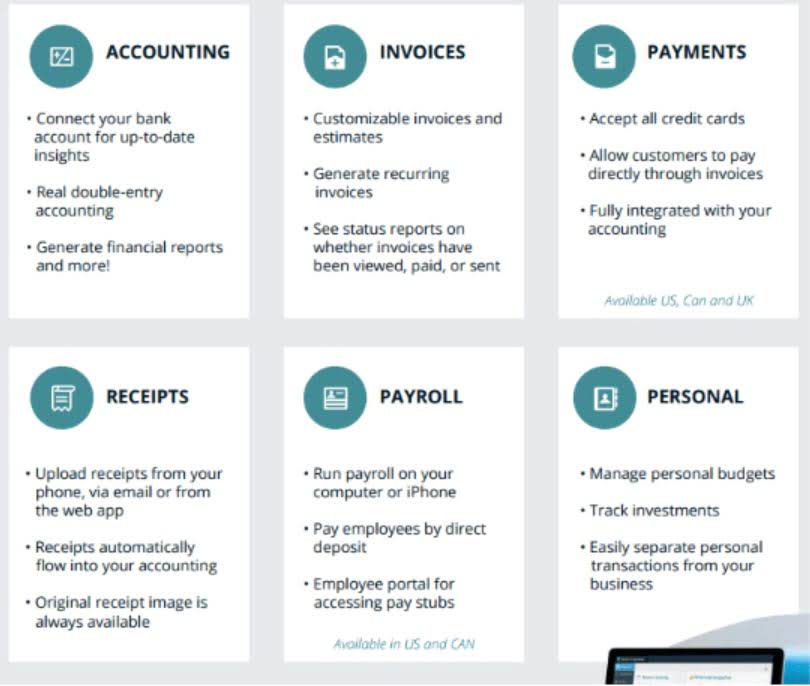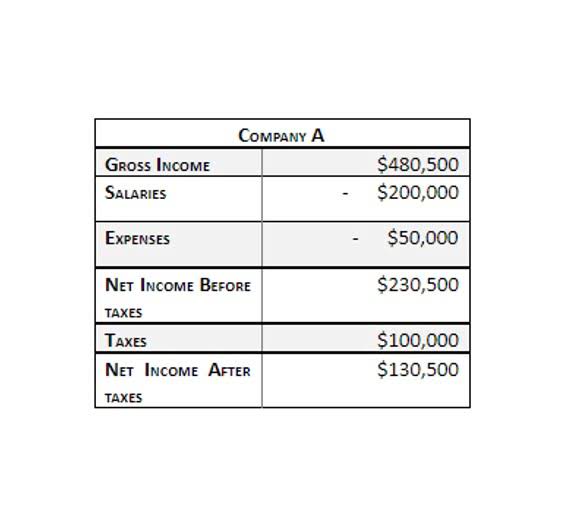
It means you should track your incomes and expenses as you receive or pay them and record them in the books. Also, keeping your invoices safe and secure prevent issues in the growth of your business. Financial forecasts are essential if you are looking to borrow money or attract investors. It’s crucial for construction bookkeeping to forecast financials because you’re often dealing with large value contracts and relatively low margins compared to other industries. Any slight deviances can drastically affect the profitability of a project. When tracking your transactions, a double-entry bookkeeping system is the best way to ensure your records’ accuracy and reliability.
- Bryana streamlines the communication and document control process and prevents our clients from working all day in the field only to come home and do paperwork at night.
- Watch how leading ENR 400 contractors have leveled up their workforce planning by leaving their spreadsheets behind.
- This may include service work, design services, consulting, engineering, sourcing materials, and more.
- Many industries operate using billing processes like fixed-price and point-of-sale billing.
- They provide insights into profitability, cash flow, and cost management, enabling informed decision-making.
- The high price and length of construction projects make payment scheduling and collection unique.
The Crucial Role of Proper Bookkeeping for Small and Medium-Sized Businesses
With so many moving parts, it is easy for records to be forgotten, lost, or not entered in the books at the right time. Any of these can have long-term ramifications for a construction company. They have educated me as to the tax structure of my business and suggested changes, and then helped me implement them which has saved me money. Construction bookkeeping is the backbone of financial management in the dynamic and project-centric construction industry. Efficient bookkeeping is not just about recording transactions; it’s a strategic tool that can make or break a construction business. Accounting software makes it easier to keep your records accurate, neat, and tidy.
- Utilizing technology effectively can lead to greater accuracy and efficiency in bookkeeping processes.
- Plus, you’ll have all the tools you need to stay on top of your construction accounting and make smarter financial decisions.
- The best way to stay organized is tracking your day-to-day transactions, reconcile your accounts on a regular basis, and use construction accounting software.
- This section explores the key elements of labor cost management in construction.
- Modern construction bookkeeping increasingly relies on specialized software to track job costs, manage invoices and payments, and generate financial reports.
Tips for bookkeeping for construction companies
Equipment use and labor frequently move, which results in mobilization costs. Additionally, equipment and labor costs always have to be tracked to each job site with the varying wage rates. Construction bookkeeping must comply with various regulations, including tax laws and industry-specific accounting standards. This compliance is critical for accurate financial reporting and avoiding legal issues. Economic and political decisions can have serious consequences on the construction industry. Factors like the price of equipment, labour and materials can change quickly.
- This section explores the key elements of tax planning and compliance for construction companies.
- Because of this, it is necessary for contractors to track and report costs precisely as well as having funds available for shorter-pay periods.
- A construction accountant or bookkeeper can help give businesses a full picture of their money.
- Construction accounting software offers construction bookkeepers specialized tools and features that address the unique challenges and intricacies of the construction industry.
Tax Planning and Compliance for Construction Companies

From managing complicated project budgets to dealing with unique tax regulations, construction bookkeeping requires precision, foresight, and a deep understanding of the industry’s nuances. Tax planning and compliance are critical aspects of financial management for construction companies. Given the unique nature of the construction industry, construction bookkeepers with its project-based revenue, varying expenses, and complex regulatory environment, navigating the tax landscape can be challenging. Effective tax planning and compliance are essential to minimize liabilities and avoid costly penalties. This section explores the key elements of tax planning and compliance for construction companies.

Get the first 2 chapters of Profit First free!

Labor cost management is a vital aspect of construction bookkeeping, representing a significant portion of project expenses. This section explores the key elements of labor cost management in construction. Effective construction equipment and materials https://www.bookstime.com/articles/retained-earnings-statement-example management is essential for accurate bookkeeping and financial health in the construction industry. This area of accounting involves tracking costs, depreciation, and inventory, which are vital for cost control and project budgeting.
Simply put, construction bookkeeping is the systematic recording, maintaining, and analyzing of financial transactions related to a construction project. This guide to construction bookkeeping will give you the best practices when managing your books and performing accounting tasks. You need to have accurate bookkeeping not just for the sake of taxes and potential audits, but to monitor your cash flow and ensure you’re being compliant and profitable. Modernize your workforce management process and add to your existing tech stack with our platform that aims to be a solution to managing construction personnel.

Often, construction companies have several projects on the go in different areas. Businesses that work in other provinces or even in the U.S. have additional costs to consider, such as tax payments. However, the more projects you have on the go and the more people that work for you, the more you need to have a reliable bookkeeping process. Proper bookkeeping ensures transparency, improves financial management, and enables contracting companies to gauge the health of their operations. This step-by-step guide is tailored for beginners in the construction industry, offering insights that make the journey smoother.

